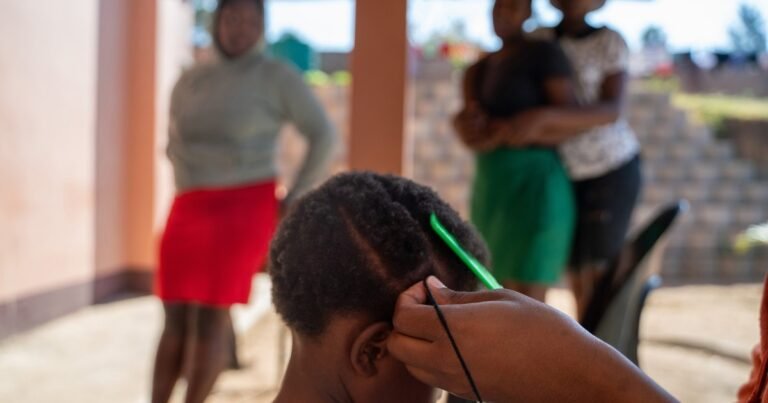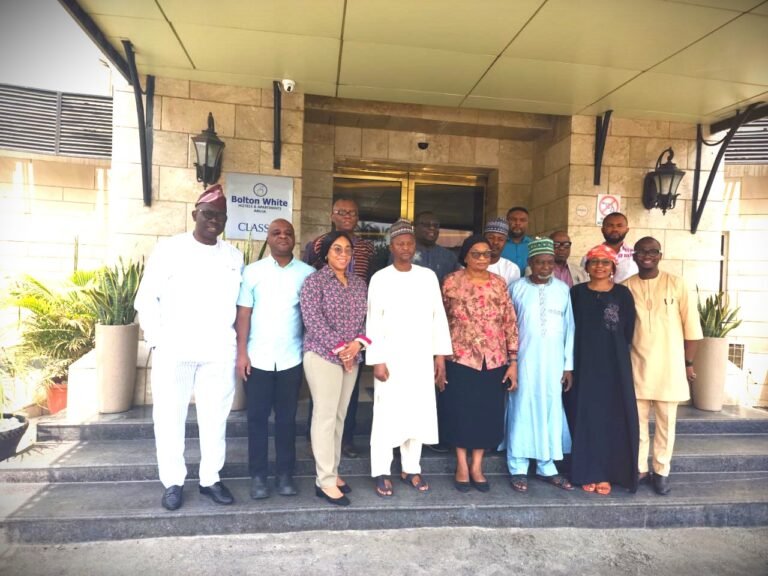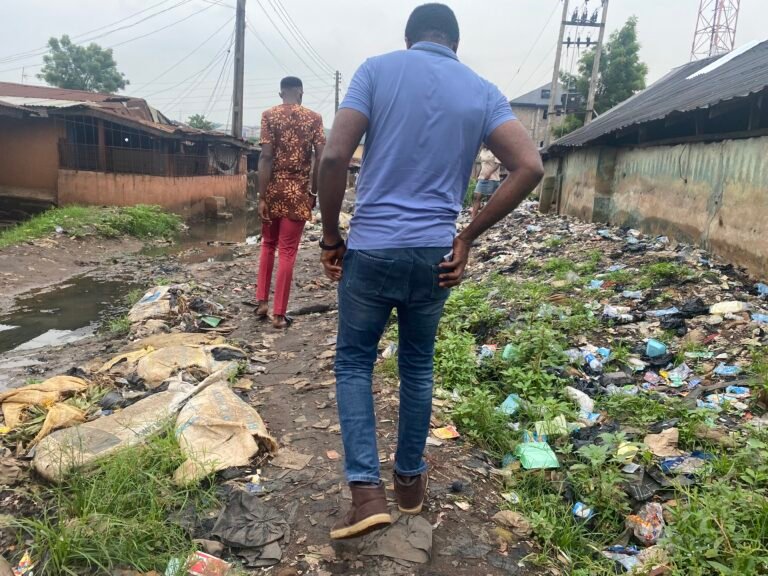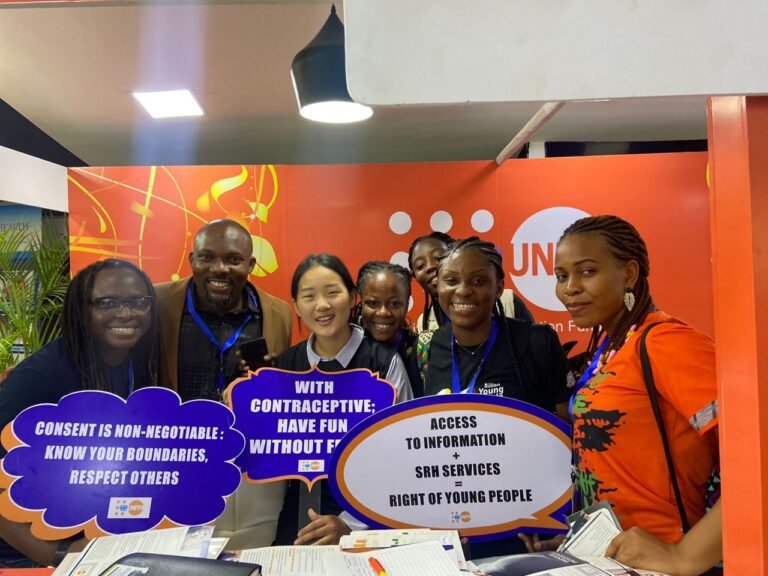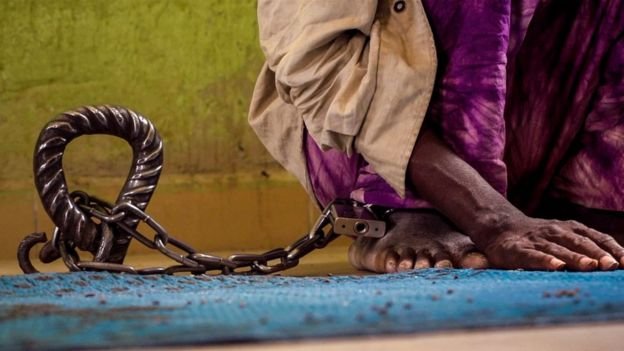Under 50% of Nigerian Medical Doctors Renewed Licence in 2023: Brain drain hits hard (Video)
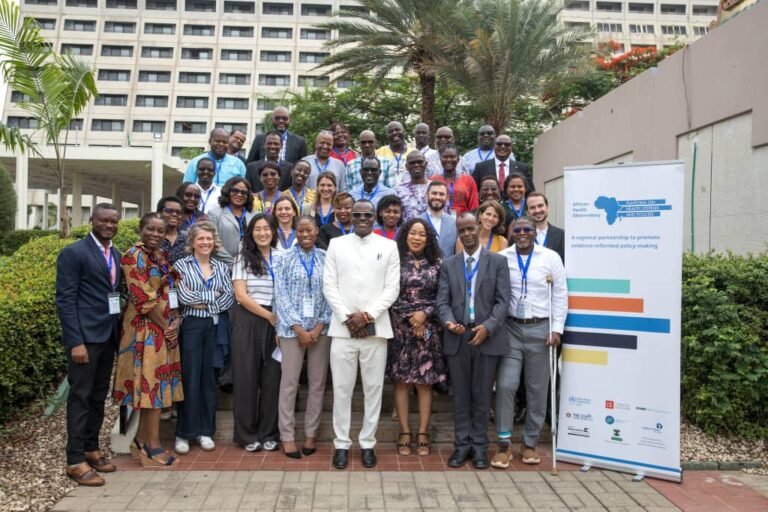
The Medical and Dental Council of Nigeria has reported that 58,000 of 130,000 licensed medical doctors in Nigeria renewed their licenses in 2023. This may be unsurprising, as studies reported that before the COVID-19 pandemic, more than 80 percent of…

